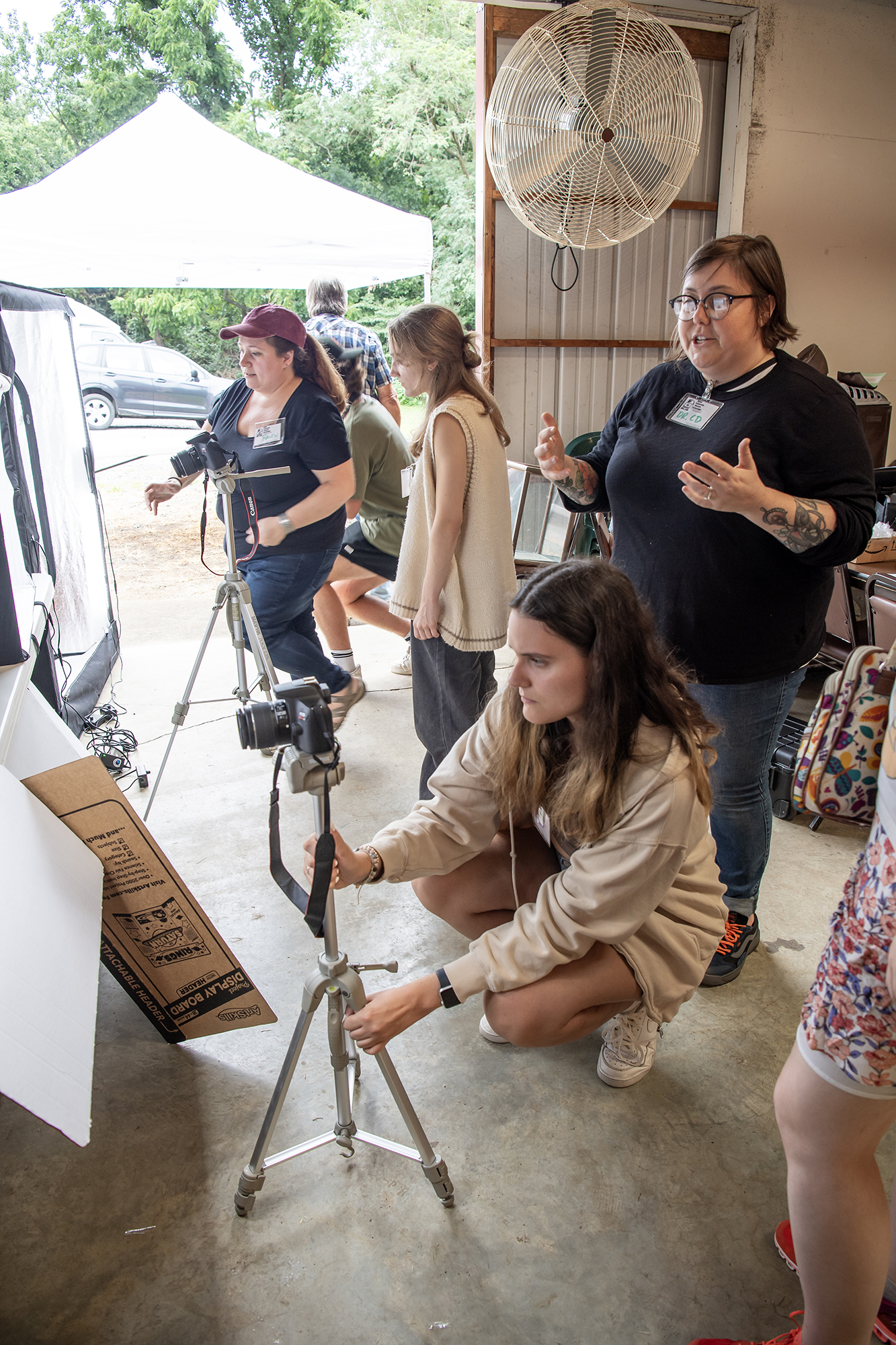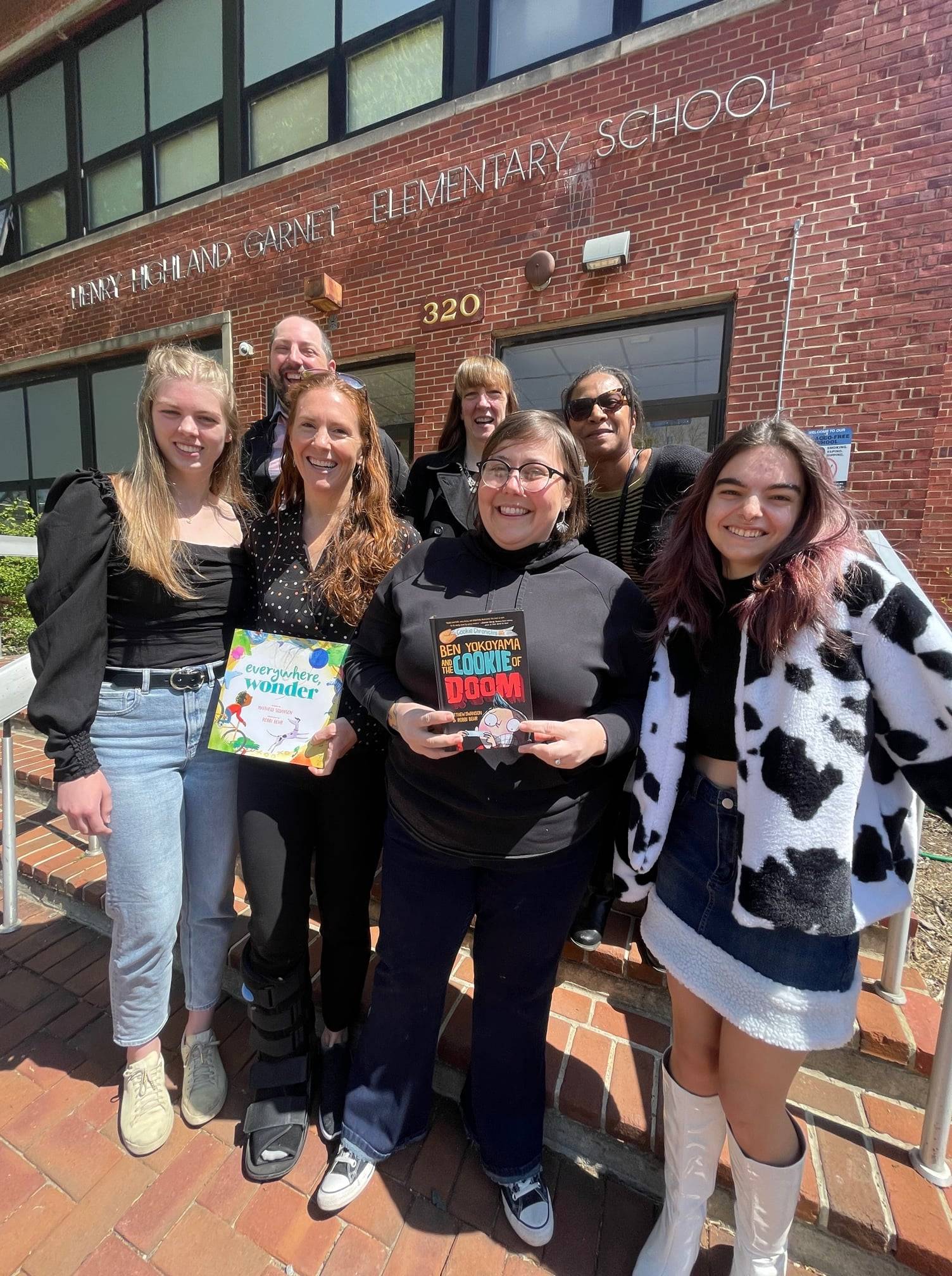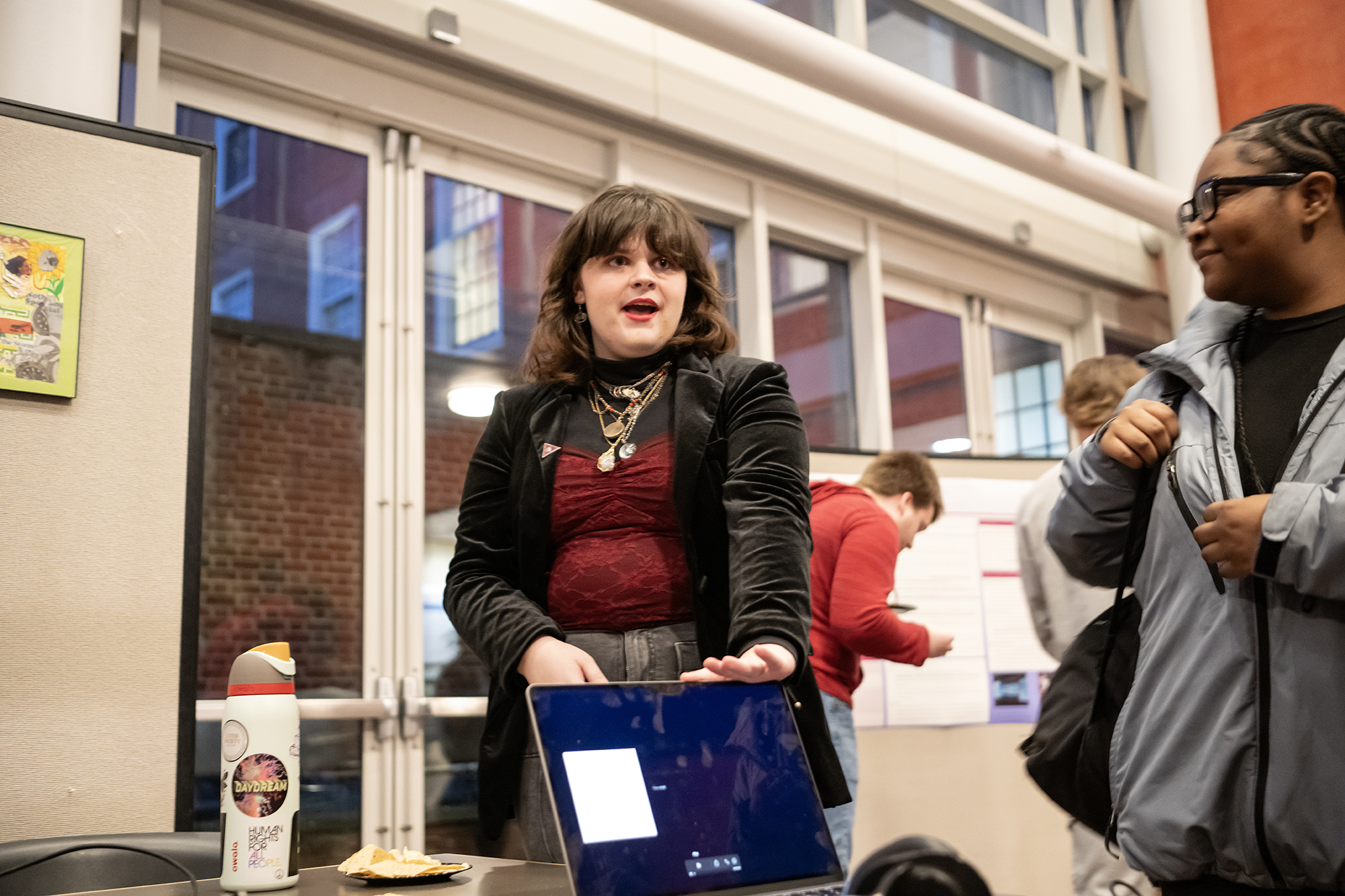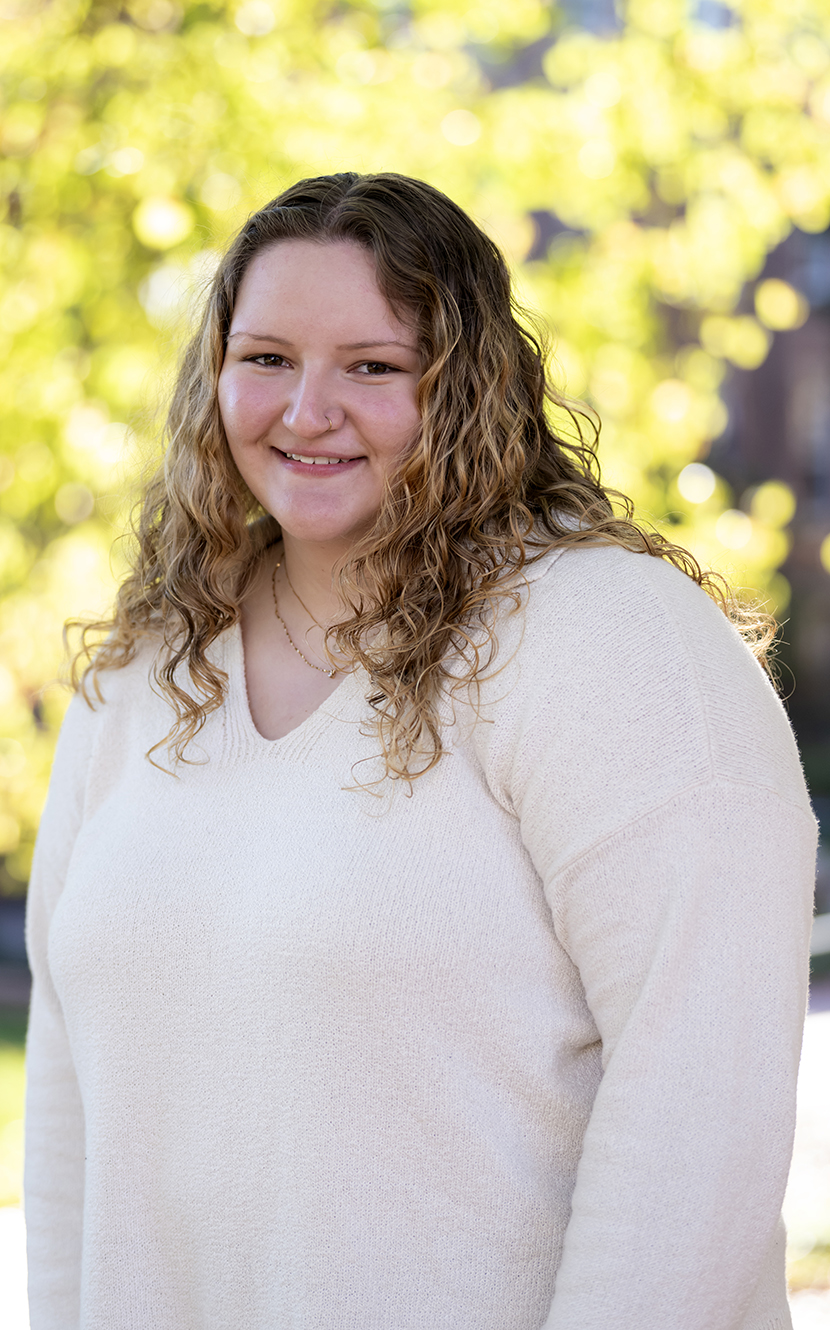Student Opportunities
From research to internships to clubs and organizations, the education studies major can connect you with internships, research, and clubs and organizations that matter to you. Expand your social circle and your résumé through any number of opportunities listed below.
Find the Perfect Opportunity

Internships
- Work in a local school or professional education organization to complete your classroom observations and internships. The Education Department has partnerships with public and private schools in Kent, Queen Anne's, and Cecil counties, as well as other local education centers to place students in an environment relevant to their interests.
- Complete a full-year internship in a partner school as a teacher candidate, or complete field experiences in schools or other educational and social agencies or organizations as a non-teacher candidate.
- Arrange your own internship experience through your own connections, or by tapping into the Center for Career Development's extensive network.

Research
- Observe an education professional in a classroom or related educational organization as soon as your first semester. Many students have completed at least one classroom observation by their second semester. Most of our students complete two to four field experiences (including one observation and one internship) by the time they graduate.
- Participate in faculty research, including museum- and school-based research in Belize and community engagement and curriculum design projects with regional education partners.
- Work on the ongoing research tied to the Busload of Books tour, studying literacy rates and the impact of author visits on Title I schools.
- Conduct original research for your Senior Capstone Experience (SCE). Students pursuing their elementary certification will prepare and present their professional teaching portfolio and an independent, data-driven action research project on a topic of their choice. Non-certification students will complete an interdisciplinary, independent research study based on field work.
- Create original curriculum with community partners using your subject matter expertise and conduct community needs assessment and data analysis. These services improve partners' community impact and expand your knowledge and real-world skill set.
- Attend a state, regional, or national conference to present your research.
- Create your own research project. Support, financial or otherwise, is available across campus, including through the Hodson Collaborative Research Program or the Cater Society for Junior Fellows.
To get started thinking about what research you might be able to do at Washington College, review our faculty's areas of expertise.

Get Involved
Build your résumé and expand your social circle simultaneously by joining clubs, honor societies, and more that help you connect with folks with similar interests.
- The Hodson Collaborative Research Program
- The Cater Society for Junior Fellows
- Phi Beta Kappa
- Honor Society: Pi Lambda Theta
- Clubs: Best Buddies
